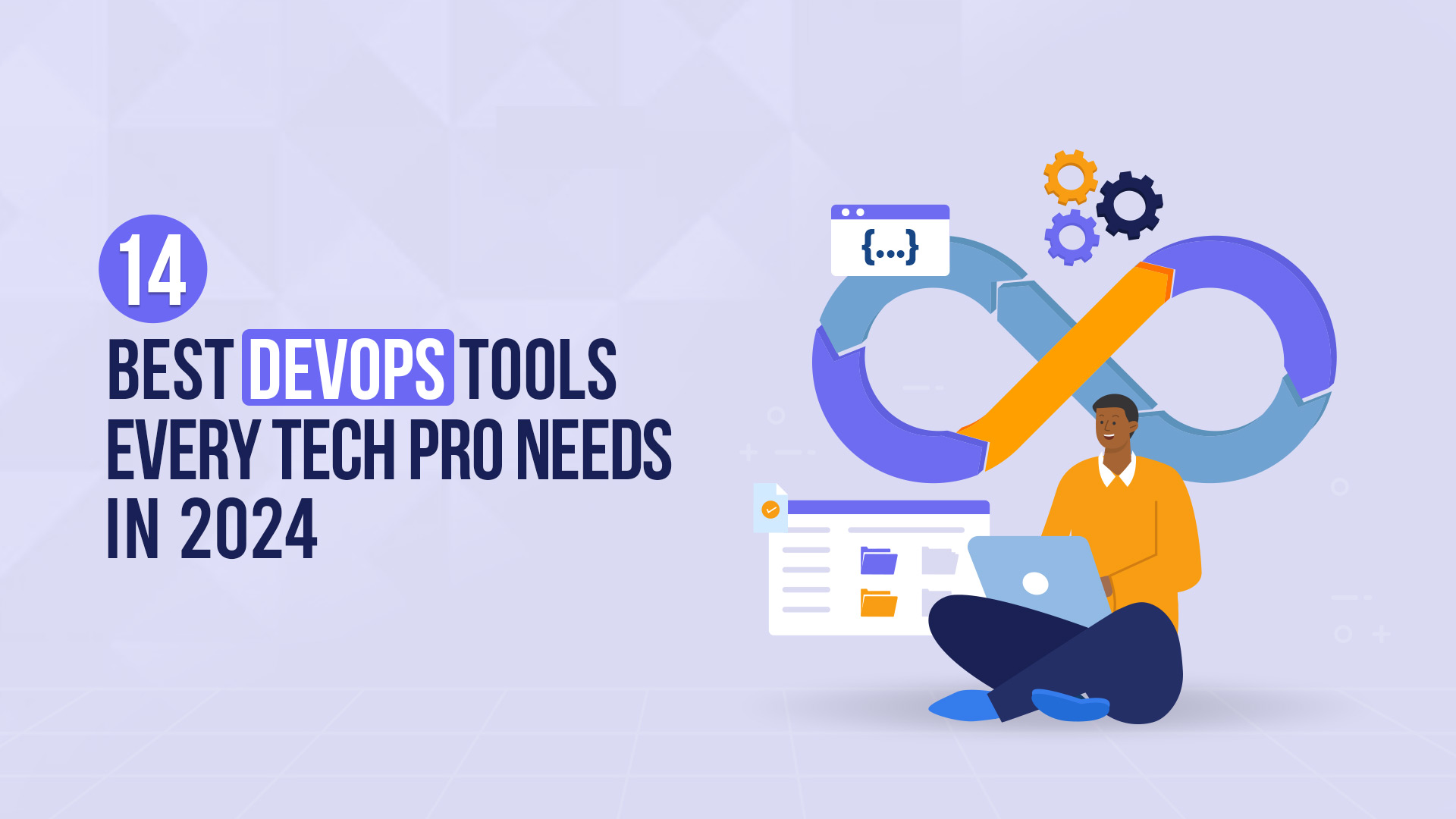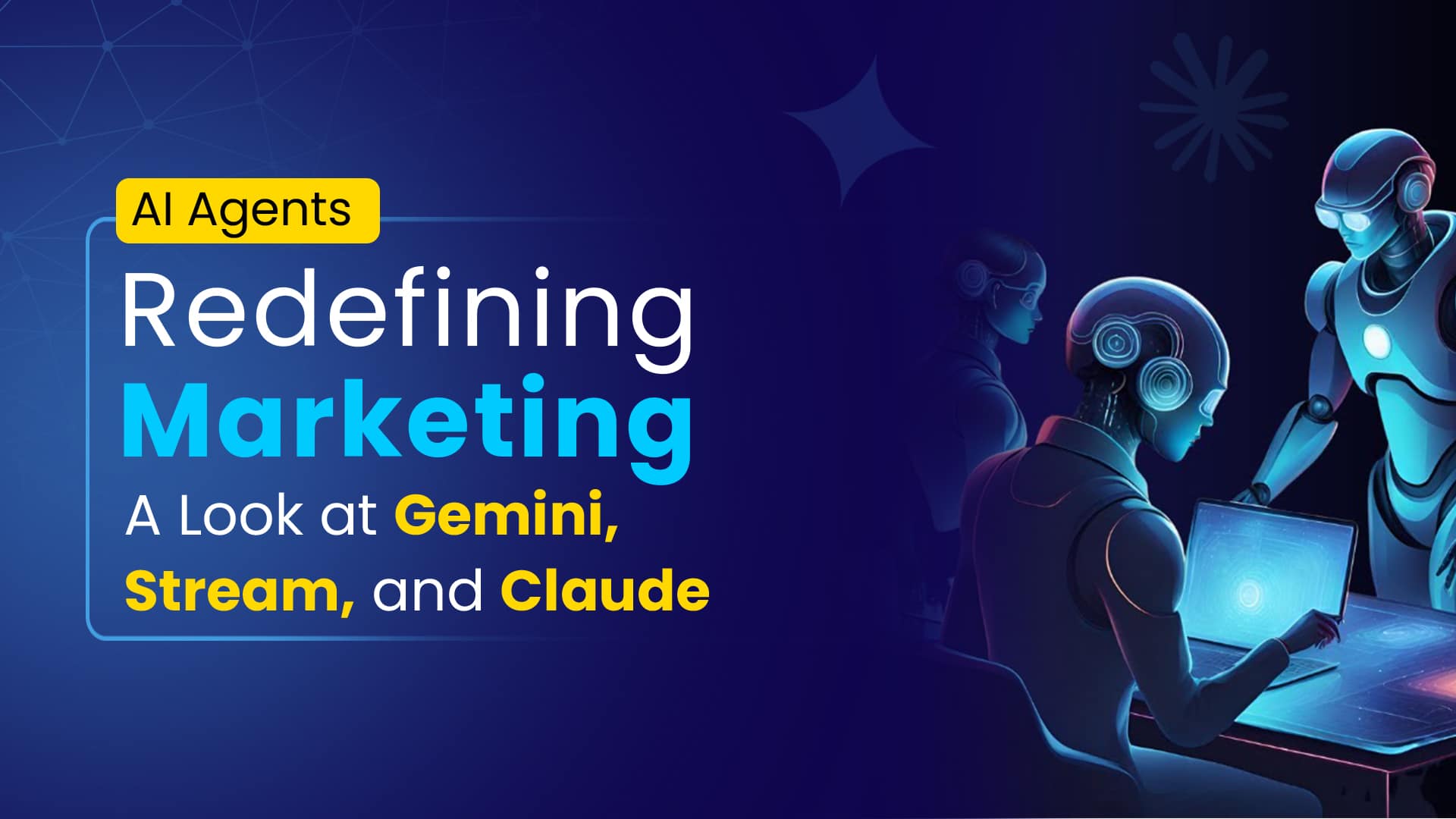DevOps is primarily about transforming how teams work together, particularly software development and operation teams. It’s about performing closely and employing suitable tools to make everything smoother and faster. DevOps tools strives to automate many aspects of creating software, such as building, testing, managing issues, and releasing new versions. This automation allows products to go to market faster, enhances their quality, and diminishes the number of errors.
But DevOps isn’t simply concerned with teamwork and automation anymore. It nowadays retains the latest technologies such as Artificial Intelligence and Machine Learning, the Internet of Things, and Cloud Computing. Many tools have been developed to assist with various tasks, like managing builds, maintaining track of versions, driving configurations, supervising projects, and addressing incidents.
Understand DevOps Basics
Fundamentally it represents the basic principles and practices that promote organizations to simplify software products and IT operations, cultivating cooperation, automation, and a culture of constant progress.
These elements are necessary for reaching the dreams of DevOps, which include more instantaneous software delivery, enhanced reliability, and improved partnerships between development and operations groups.
‒Collaborative Culture: It emphasizes the collaborative cultural shift in relevant teams. Particularly developers and operations. It encourages teamwork, shared accountability, and trust.
‒Automation: Automating assignments such as installation, testing, and deploying code drives everything quicker and more efficiently.
‒Continuous Integration (CI): Developers repeatedly link their code modifications into shared storage. Automated tests enable you to catch troubles prematurely.
‒Continuous Delivery (CD): This expands CI by automating the deployment of code to production, confirming it’s forever ready to go live.
‒Microservices and Containerization: Dividing applications into smaller, manageable fragments and utilizing containers like Docker makes them more manageable to scale and operate.
‒Infrastructure as Code (IaC): Operating infrastructure with code secures consistency and easy updates. These tools like Terraform and Ansible support to keep consistent environments.
‒Monitoring and Feedback: Frequently inspecting the soundness of applications and infrastructure enables us to spot problems early. Tools like Prometheus and Grafana deliver useful insights.
‒Feedback Loops: Collecting feedback from users and teams allows us to improve operations and developments constantly.
‒Security (DevSecOps): Incorporating security into every phase of the DevOps channel guarantees safer software.
‒Version Management: Employing techniques like Git to track code modifications allows cooperation and manageable rollback if required.
‒Agile Approaches: DevOps usually uses the Agile tradition, concentrating on small, fast updates to adjust to shifts rapidly.
‒Knowledge Sharing and Documentation: Communicating knowledge and documenting procedures supports the team to stay more informed and perform more efficiently.
‒Scalability and Resilience: Planning for the development and building of resilient systems can manage failures and secure smooth functions even under stress.
Top Must-Have DevOps Tools
Let’s explore the various best DevOps tools:
- Docker
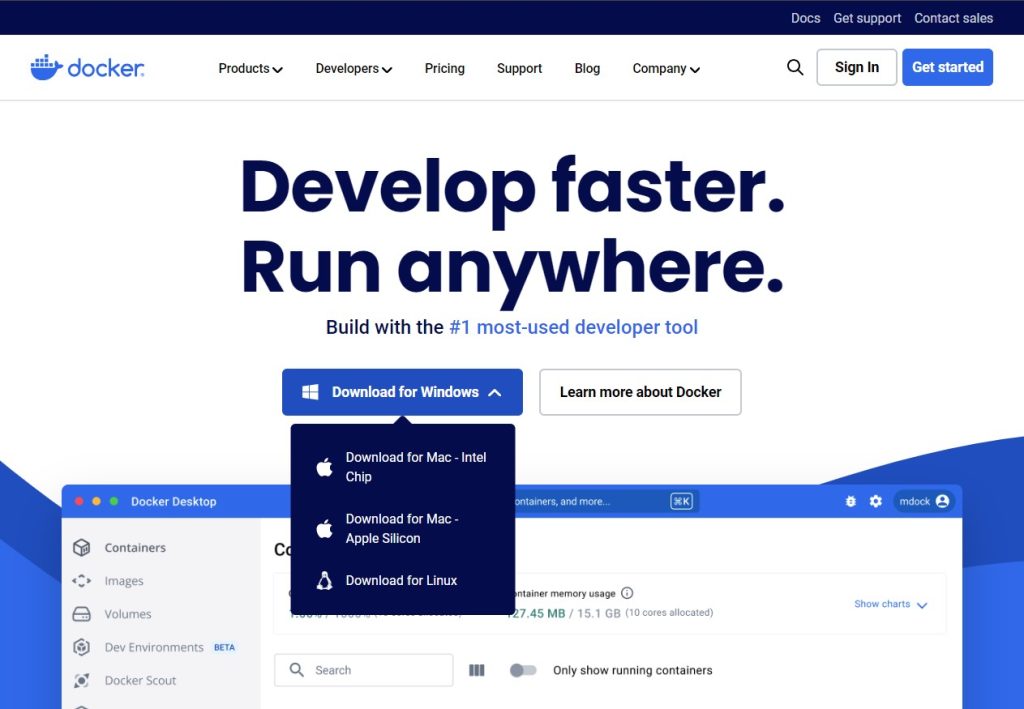
Docker is a critical tool for modern software products and DevOps. It simplifies managing applications in diverse environments. It also helps you package an app and all its instructed parts into a container, confirming it operates consistently no matter where it’s deployed, be it on your local device or a server.
Such advanced technology makes apps mobile-friendly and scalable, speeds up the growth process, and eradicates the typical issue of “it works on my machine.” In today’s rapidly evolving software globe, Docker’s container method is vital for efficient, isolated, and adaptable app deployment, making it a fundamental part of DevOps and constant delivery techniques.
- Kubernetes
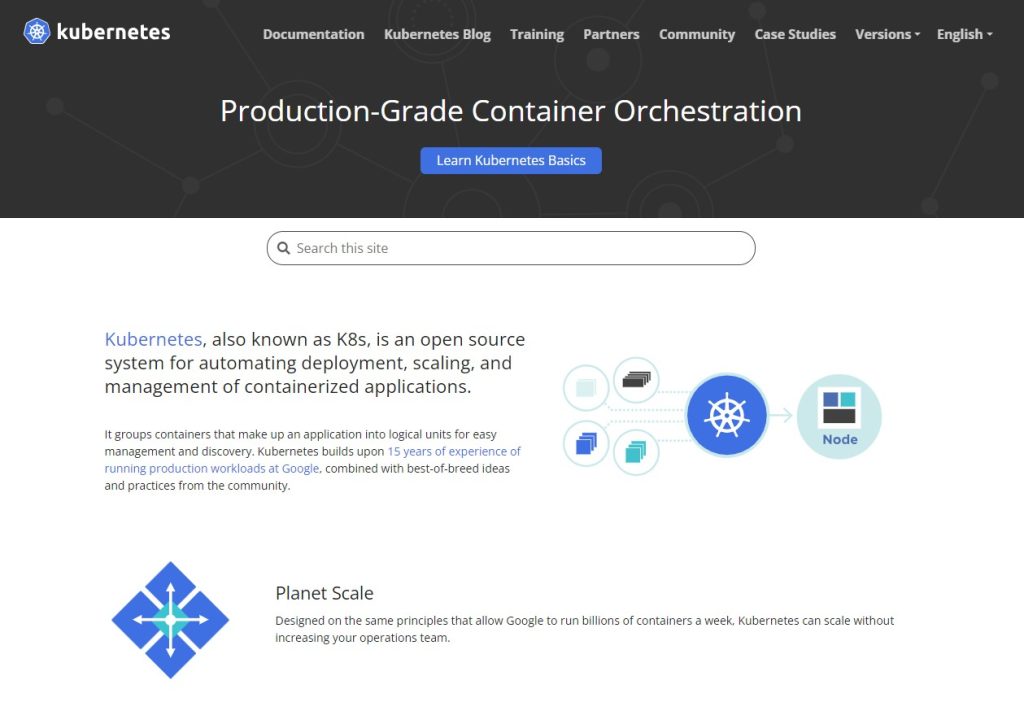
Kubernetes, also called K8s, is a fundamental tool in modern software development and operations. It assists to regulate and automate containerized apps on an extensive scale. As more businesses use microservices and containerization for their apps, Kubernetes delivers the required support for installing, scaling, and maintaining these containers effectively.
Its stability retains resilience, self-recovery, and compatibility with hybrid and multi-cloud infrastructures. This makes it critical for achieving adjustable, dependable, and cost-effective app deployments.
It acts as the backbone of cloud-native networks, enabling organizations to speed up software delivery, utilize resources more efficiently, and adapt to the changing digital sphere.
- Jenkins
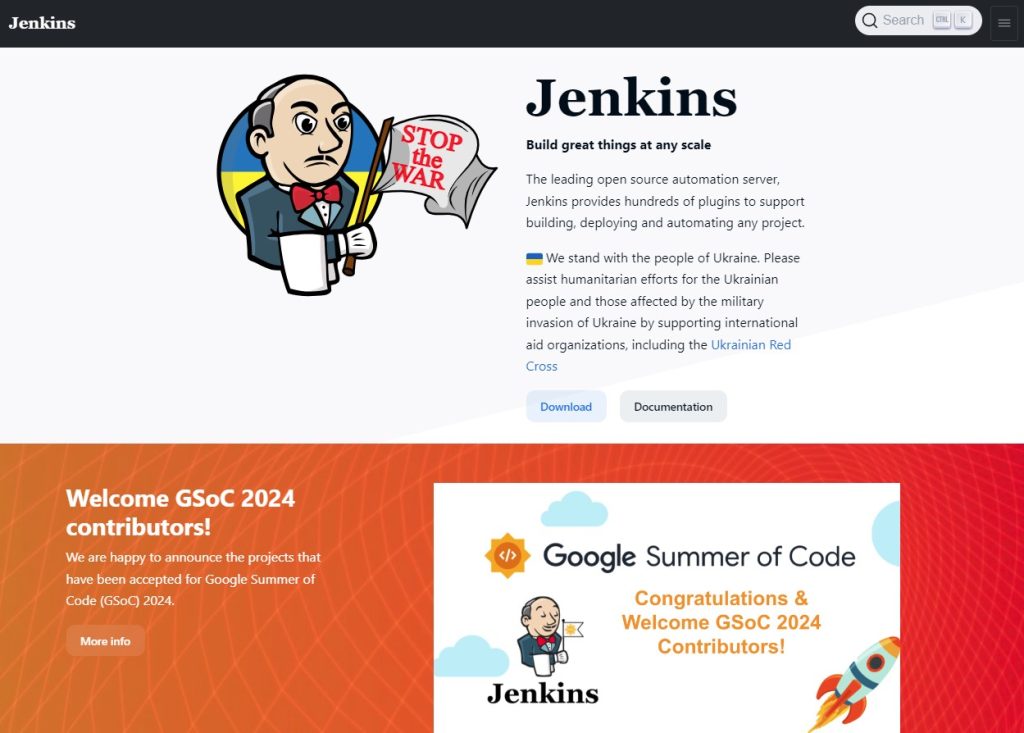
Jenkins is one of the best tools for software development. It primarily supports automated tasks in the continuous integration and continuous delivery (CI/CD) pipeline. Further, it simplifies the process of building, testing, and deploying code modifications quickly and reliably, helping to address the complexities of modern applications and ensuring an efficient CI/CD process.
Jenkins is highly flexible and widely used, with a broad range of plugins that support various technologies and tools. This versatility makes it suitable for diverse development environments.
As businesses aim for speed, reliability, and collaboration in software development, Jenkins is a critical tool that helps teams automate and deliver software efficiently.
- Git
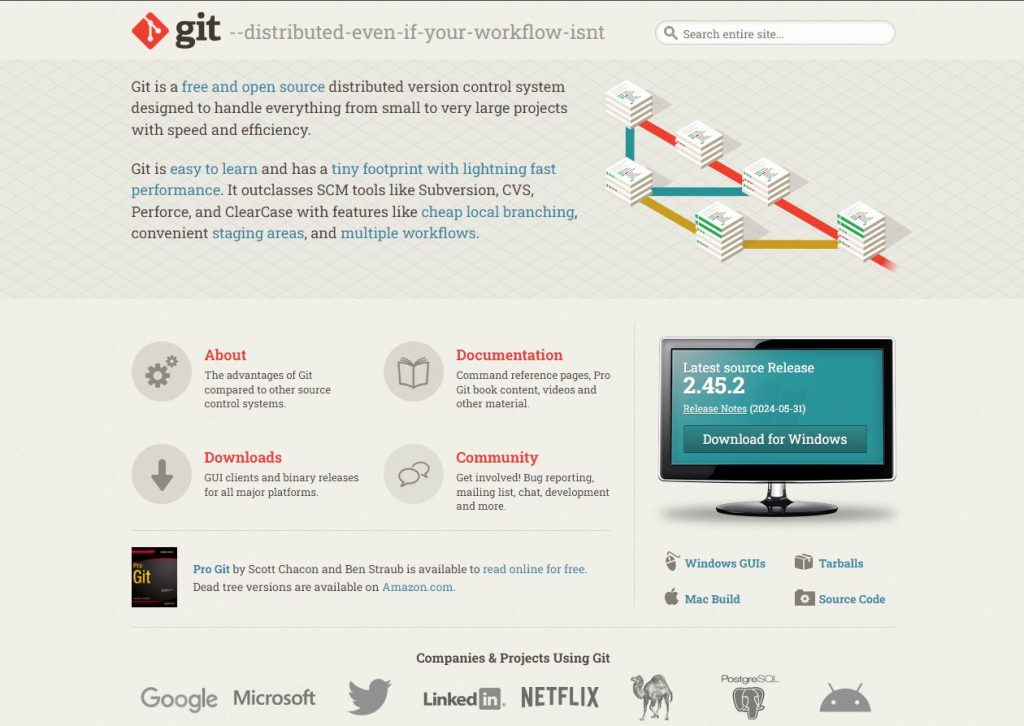
Git holds a pivotal role in software development and DevOps for version control, collaborative coding, and effective project management. As technology has evolved, the demand for smooth and organized code management has become more meaningful than ever.
Git allows developers to collaborate on codebases easily, creating and integrating units for the latest features and bug fixes. Its distributed nature enables developers to work seamlessly offline, which is increasingly practical in today’s remote and distributed work environments.
Moreover, Git simplifies tracking code changes, making it easier to determine when and why specific modifications were made. This is vital for maintaining code quality and security. Software development is essential for driving invention and progress, and Git stays at the forefront as the foundation of efficient, collaborative, and secure coding methods.
- Ansible
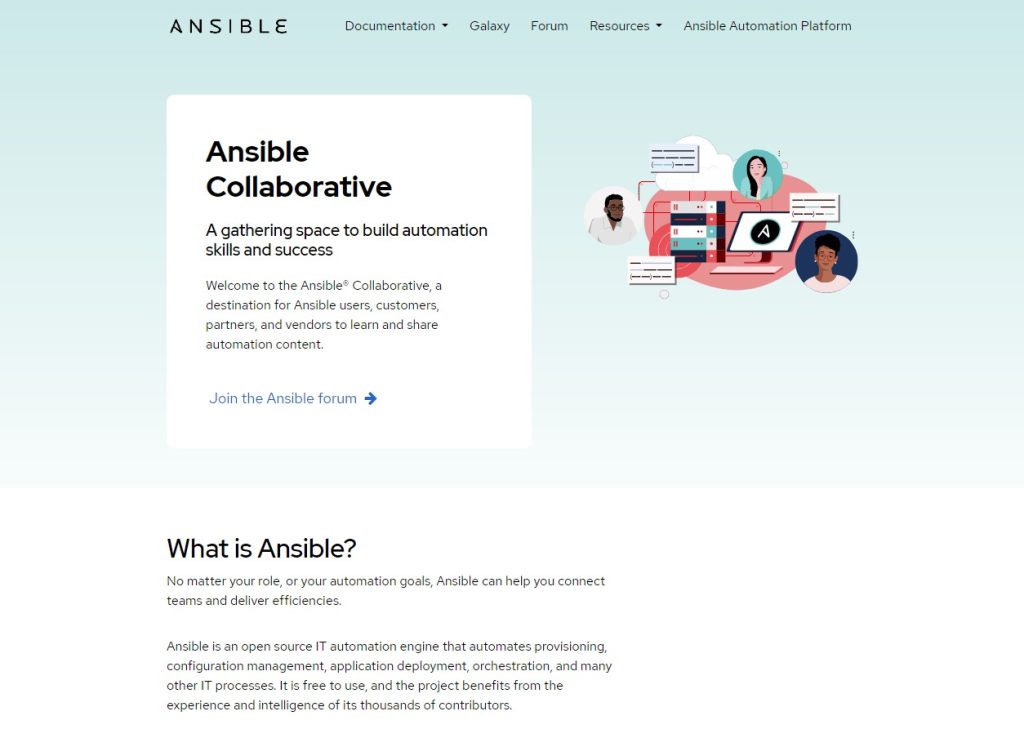
Ansible is a popular and powerful tool for automating and driving configurations. It is well-known for being simple and flexible, letting businesses automate repetitive tasks, set up infrastructure, and manage configurations across diverse environments. This makes it a practical tool for DevOps and IT teams.
Ansible’s strategy doesn’t need agents on target devices, employs direct language, and suggests a considerable library of ready-made modules, making it comfortable to use for both beginners and experts.
As organizations concentrate on efficiency, scalability, and rapid deployment of applications and services, Ansible enables teams to facilitate their work, enhance safety, and control infrastructure on an extensive scale. It lowers manual mistakes and boosts agility in today’s fast-moving digital world.
- Terraform
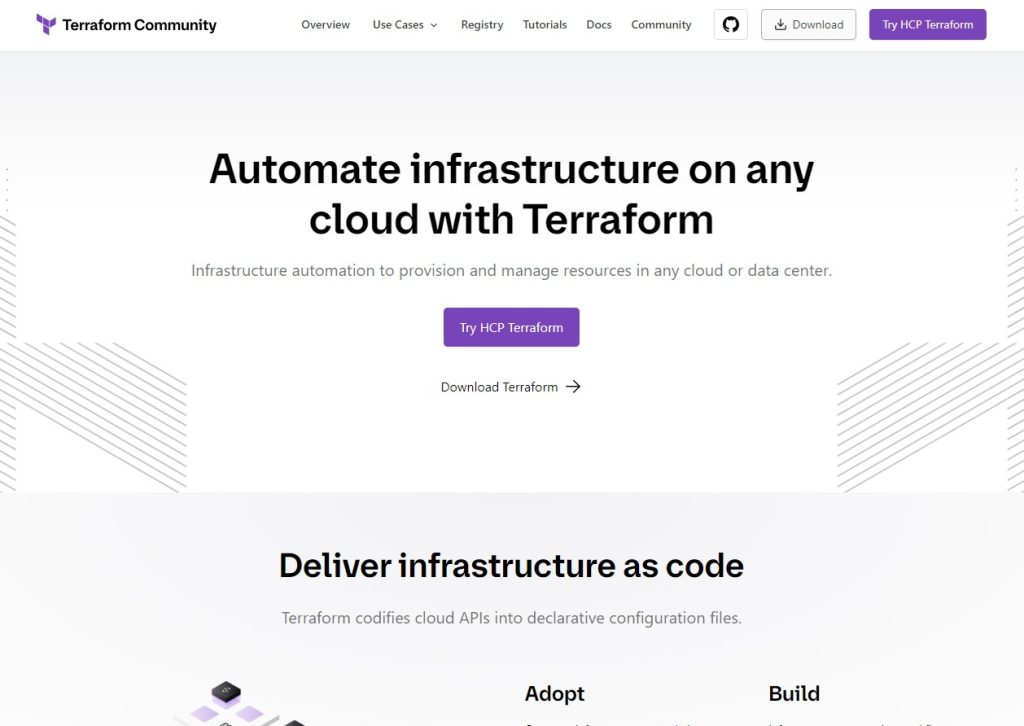
Terraform is a critical tool for modern infrastructure design and management. It lets businesses specify and deploy infrastructure as code, automating the innovation and arrangement of cloud resources, containers, and different infrastructure elements. With cloud computing, microservices, and containerization evolving to standards in 2024, Terraform delivers the agility and scalability required for today’s technologies.
Terraform is significant because it conveys consistency, version control, and automation to architecture tasks. This lowers manual blunders, drives DevOps workflows smoother, and enables deployment of applications fast and reliably in a complex, cloud-based world. As more organizations utilize cloud-native technologies, Terraform remains vital for efficient and uniform infrastructure management.
- Prometheus
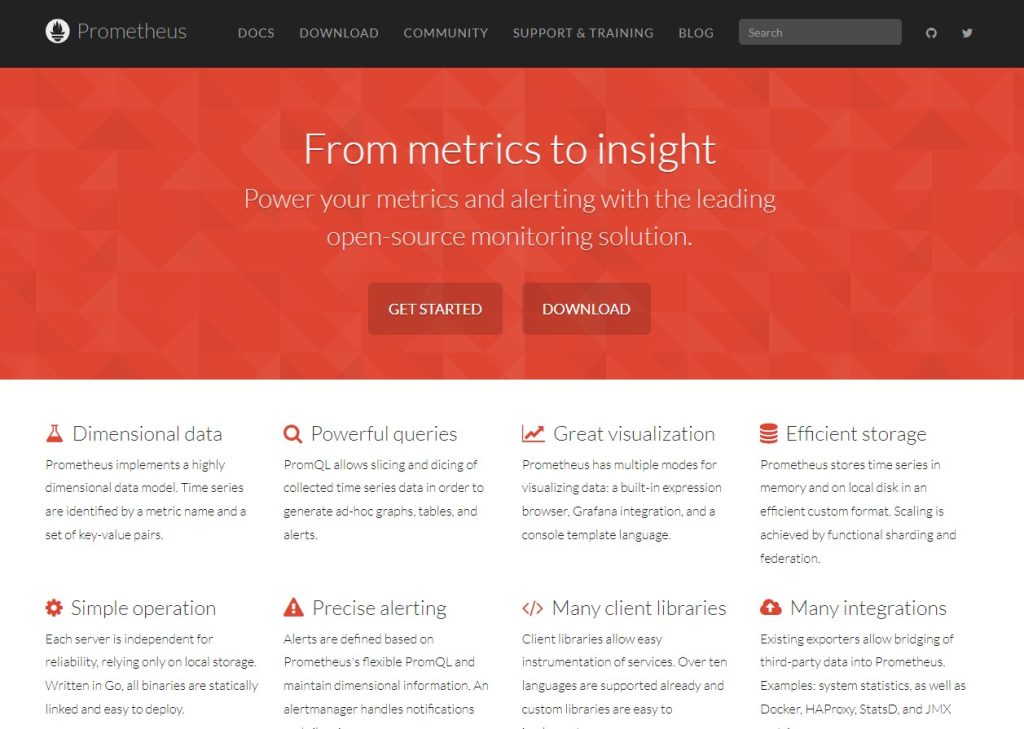
Prometheus is an essential tool in DevOps and system monitoring. It is increasingly vital due to the evolving complexity of modern software systems, making it indispensable to have satisfactory monitoring and alerting tools.
Prometheus is excellent at accumulating, storing, and interpreting data from diverse domains of an app’s infrastructure, including containers, microservices, and cloud settings. Its open-source nature and vibrant community add to its popularity.
As corporations operate more cloud-based technologies, microservices, and dynamic scaling, Prometheus delivers the visibility to keep applications executing well, fix troubles, and confirm software reliability in the fast-paced DevOps world.
- Nagios
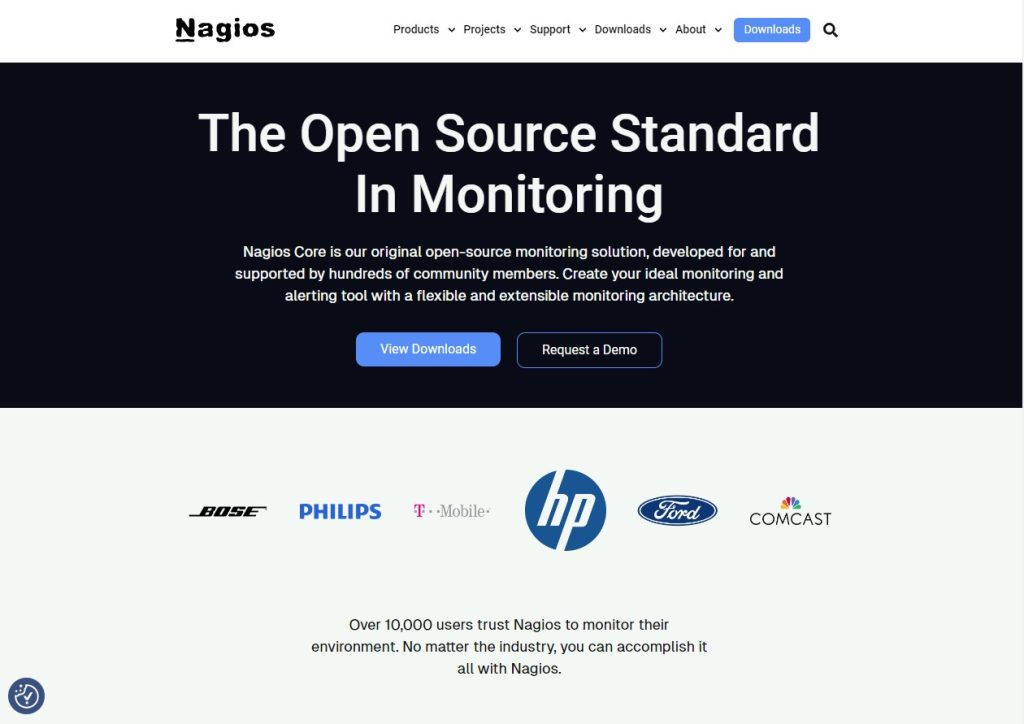
Nagios is the best open-source monitoring and alerting, vital for maintaining the reliability and implementation of IT infrastructure and applications. Businesses increasingly depend on complex techniques and services. It helps in delivering real-time monitoring and alerting powers, letting IT units catch and address problems before they affect users or cause system outages.
Primary characteristics:
★Comprehensive monitoring ability
★Timely alerts and reports
★Extensibility and customization
★Healthy Communities and Documentation
Nagios is a valuable tool because it is easy to use in various manners and expands with additional features. It performs well both on local servers and in the cloud. This makes it excellent for maintaining essential systems up and running, stable, and secure, satisfying the requirements of modern IT and DevOps factions.
- Puppet
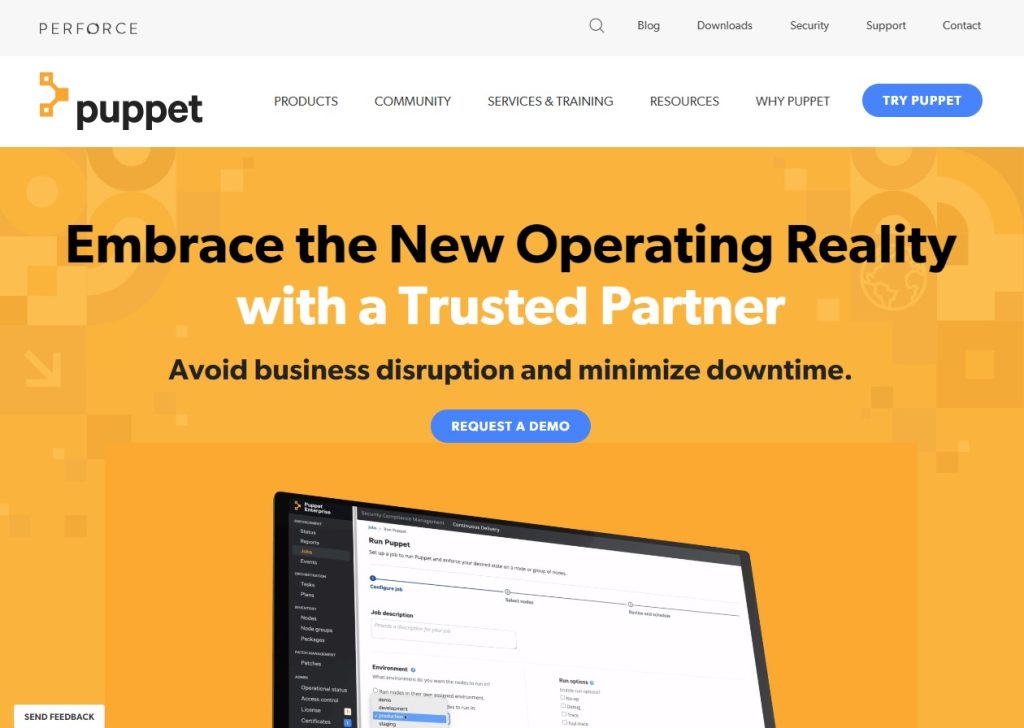
The beauty of Puppet lies in its version that simplifies the management and orchestration of challenging IT infrastructure by letting executives describe infrastructure as code. It guarantees consistency and repeatability in design across servers, cloud models, and containers. Corporations increasingly trust diverse, diligent, and hybrid infrastructures.
Further, its significance lies in its degree to facilitate provisioning, formatting, and persistent compliance, thus lowering operational complexity, minimizing blunders, and accelerating software delivery. Puppet continues to authorize businesses to efficiently operate and scale their infrastructure while keeping high levels of safety shield and compliance, making it a critical tool for DevOps sections.
- Slack
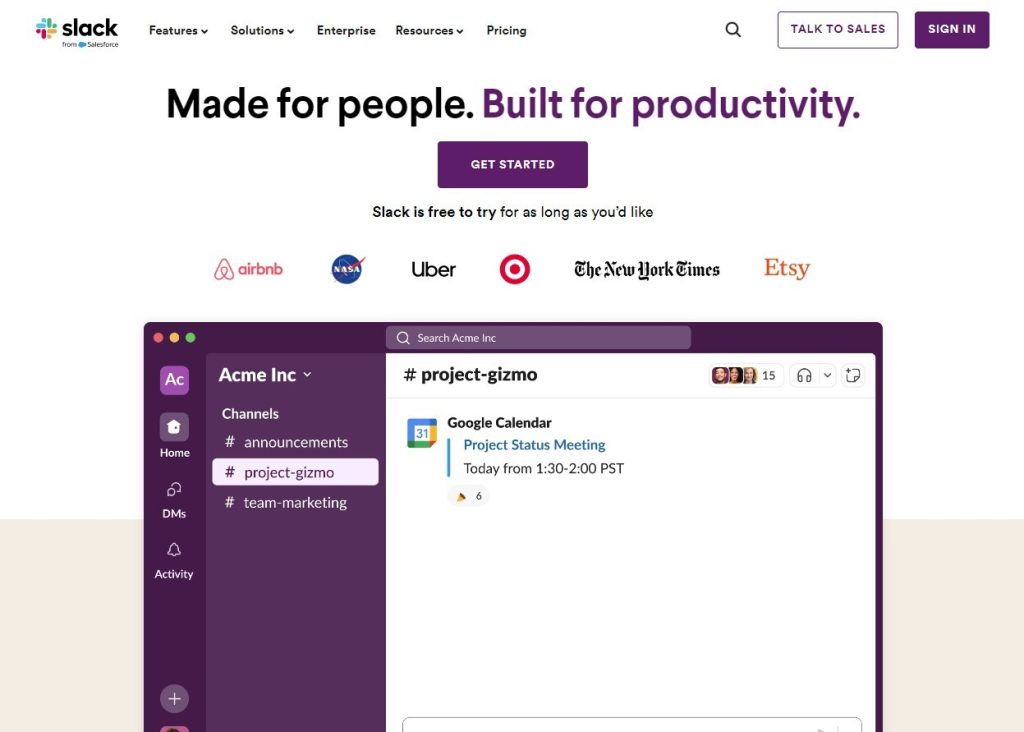
If you desire to connect with your team whether it is working in the same office or remotely, no matter, Slack is the best for seamless communication among the members. Slack is preferred by businesses worldwide.
It is remarkable for its real-time communication, file sharing, and integration abilities to facilitate workflow, improve productivity, and keep members connected across diverse time zones and locations.
As more organizations shift to hybrid and remote work models, Slack becomes a critical tool for quick decision-making, project coordination, and sharing facts. With its growing number of integrations and attributes, Slack directs modern workplace transmission, allowing businesses to stay adaptable, efficient, and competitive.
- Splunk Cloud
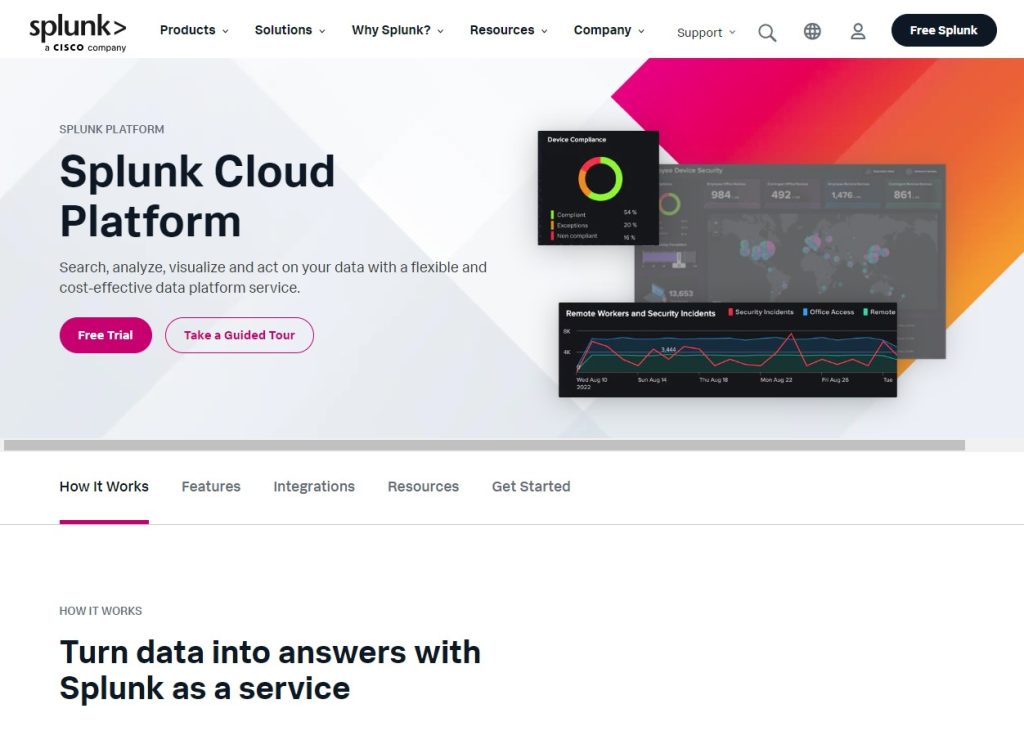
As you know, in today’s digital dynamic, entire businesses rely on data to make critical decisions to stay competitive. As such Splunk Cloud is a practical tool that helps in understanding huge quantities of data. It delivers emphatic insights into monitoring, exploring, analyzing, and envisioning machine-generated data. It is significant because it offers real-time insights into the soundness and implementation of complex systems, applications, and infrastructures, empowering quick detection and response to problems.
As cybersecurity threats mature, Splunk Cloud’s refined security mechanisms and threat detection features are necessary for safeguarding against attacks and verifying data protection. In a world where data is a pivotal asset, Splunk Cloud plays a vital role in utilizing data for better operations and safety.
- Azure DevOps
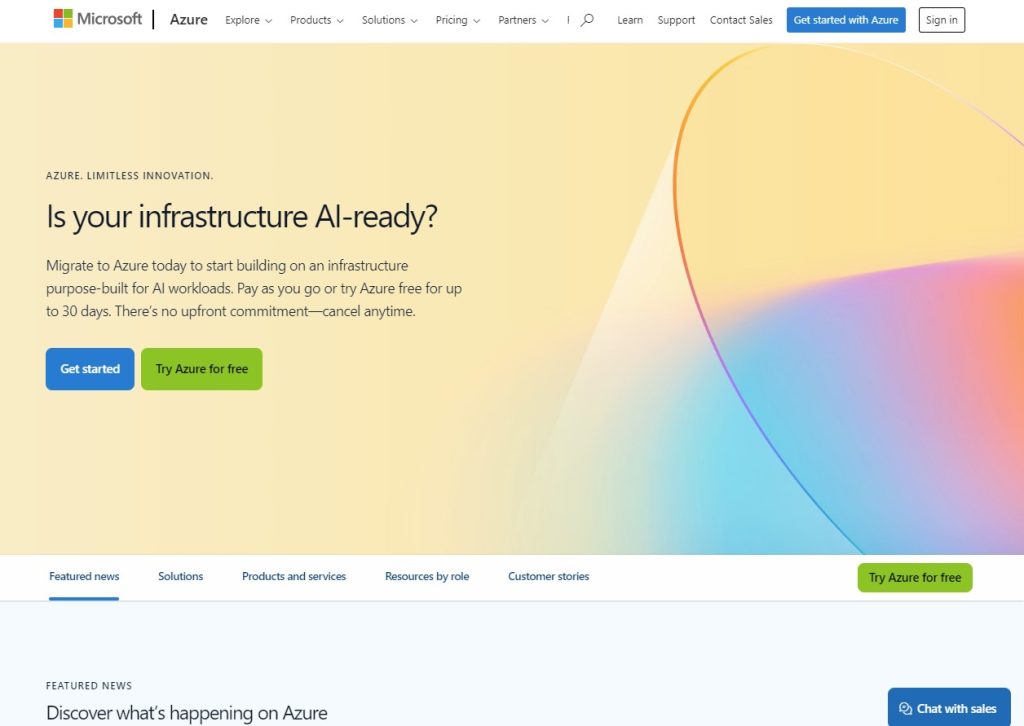
Azure DevOps is a Microsoft medium that enables you to design and deploy software employing a comprehensive set of DevOps tools. It performs well with most top industry tools, making it an excellent choice for managing a DevOps toolchain.
Key characteristics include:
★A wide range of connectors, integrations, and extensions.
★Integration with Office 365.
★Multiple training resources and an extensive user community
★Integration with MS Visual Studio
★End-to-end credentials, from growth setting to cloud execution
- Chef
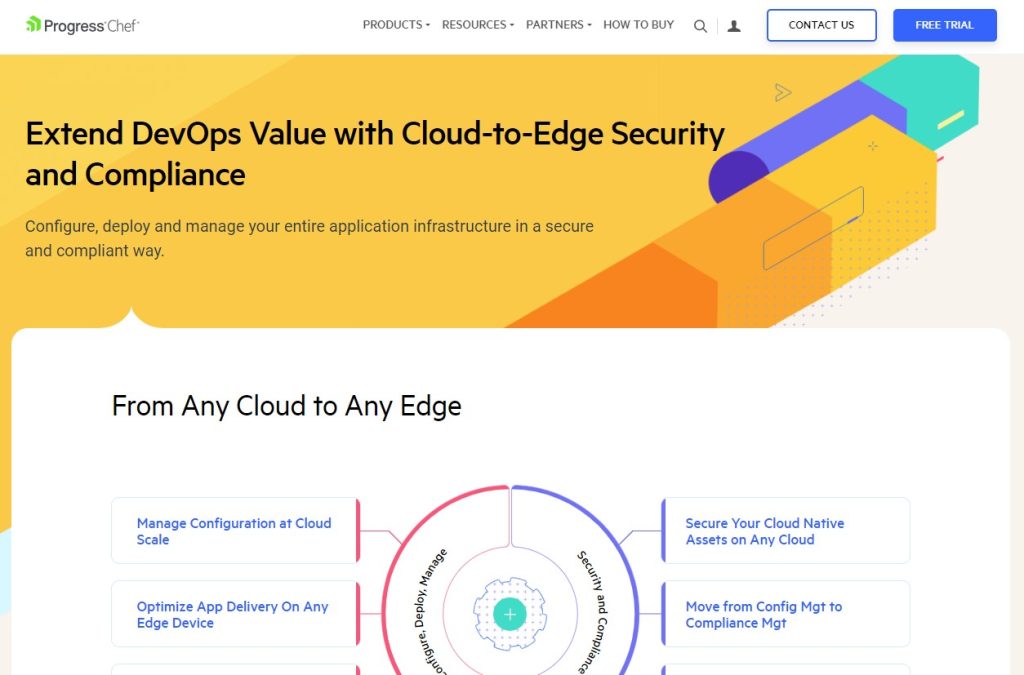
Chef is a robust automation platform that allows you to manage infrastructure as code. It lets businesses scale up smoothly while preserving reliability and speed. By automating tasks such as setting up servers, configuring them, and maintaining them operating smoothly, Chef improves effectiveness and consistency across all infrastructure, reducing mistakes and keeping everything running as scheduled.
Moreover, Chef can be used well with various cloud services, container technologies, and different DevOps tools, making it flexible to shifts in software development. As firms place more emphasis on flexibility and scalability, Chef remains indispensable for automating complex infrastructure activities, so that DevOps teams can focus on developing and delivering alternative visions.
- Raygun
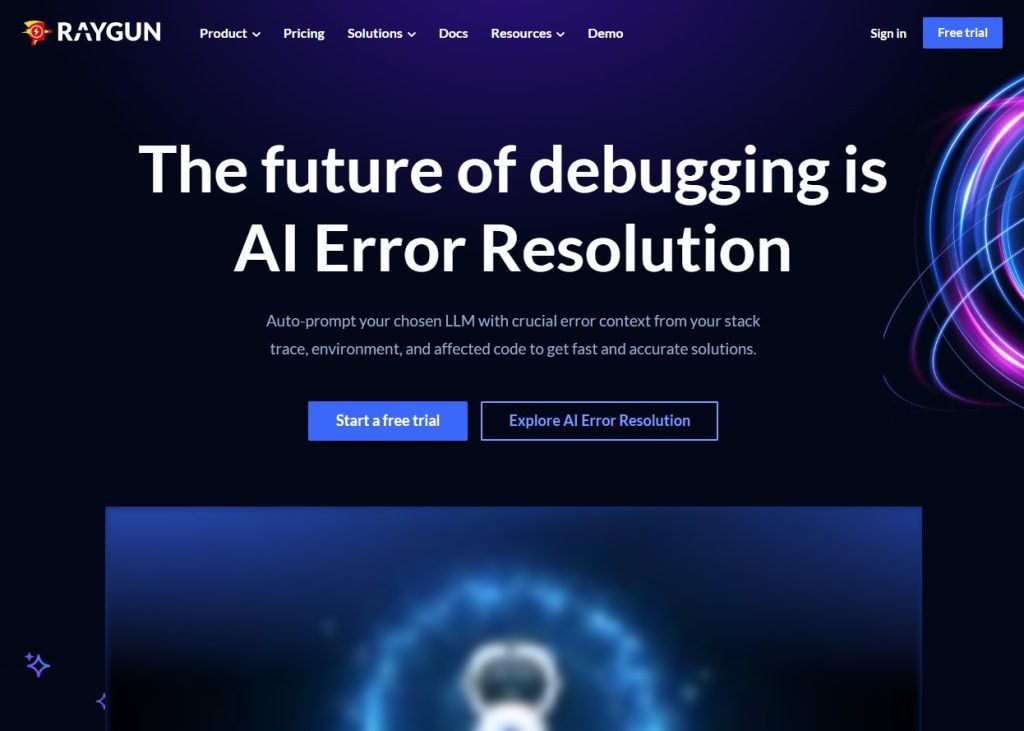
Raygun is a prominent tool in software development and DevOps is very practical for application reliability and performance. It helps in monitoring and tracking errors in an application that empowers development units to identify, analyze, and resolve real-time problems.
As you know, the scope of software development is evolving, and there is a growing demand for smooth user experiences. Raygun delivers actionable insights into error detection and performance bottlenecks. Moreover, it enables businesses to proactively address issues, lessen downtime, and improve user convenience, directing to higher software rates and improved client experiences.
Software is prominent in industries across enterprises. Raygun’s role in supporting application health and fostering rapid problem resolution makes it a real means for DevOps professionals and software developers.
Conclusion
Adopting DevOps is no longer preferred but is essential for businesses striving to provide software faster, more reliably, and with higher quality.
The vital DevOps tools discussed in this guide are the basis for this transformative strategy. They ensure your business can facilitate development cycles, improve cooperation between members, automate repetitive tasks, and deploy software efficiently, ultimately allowing you to deliver value to consumers quickly and consistently.
Stay connected! Get business growth tips and advance your strategy for success.
